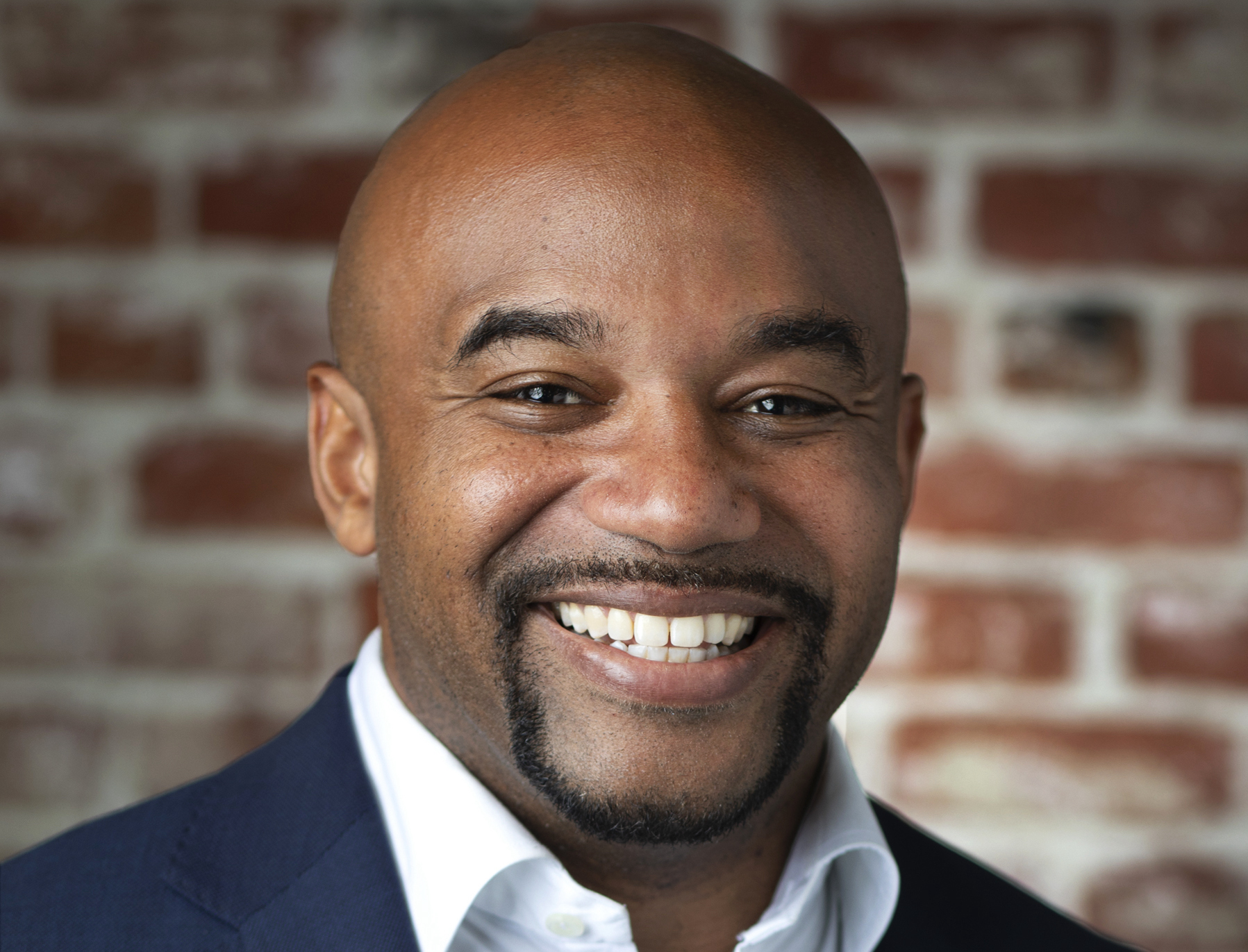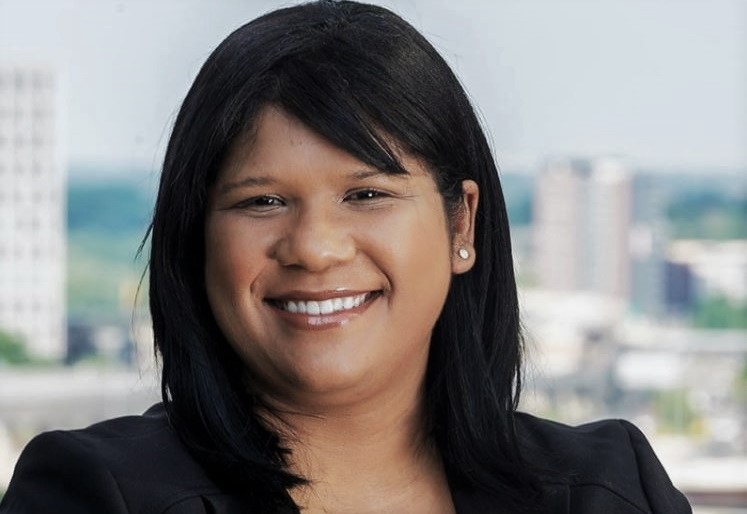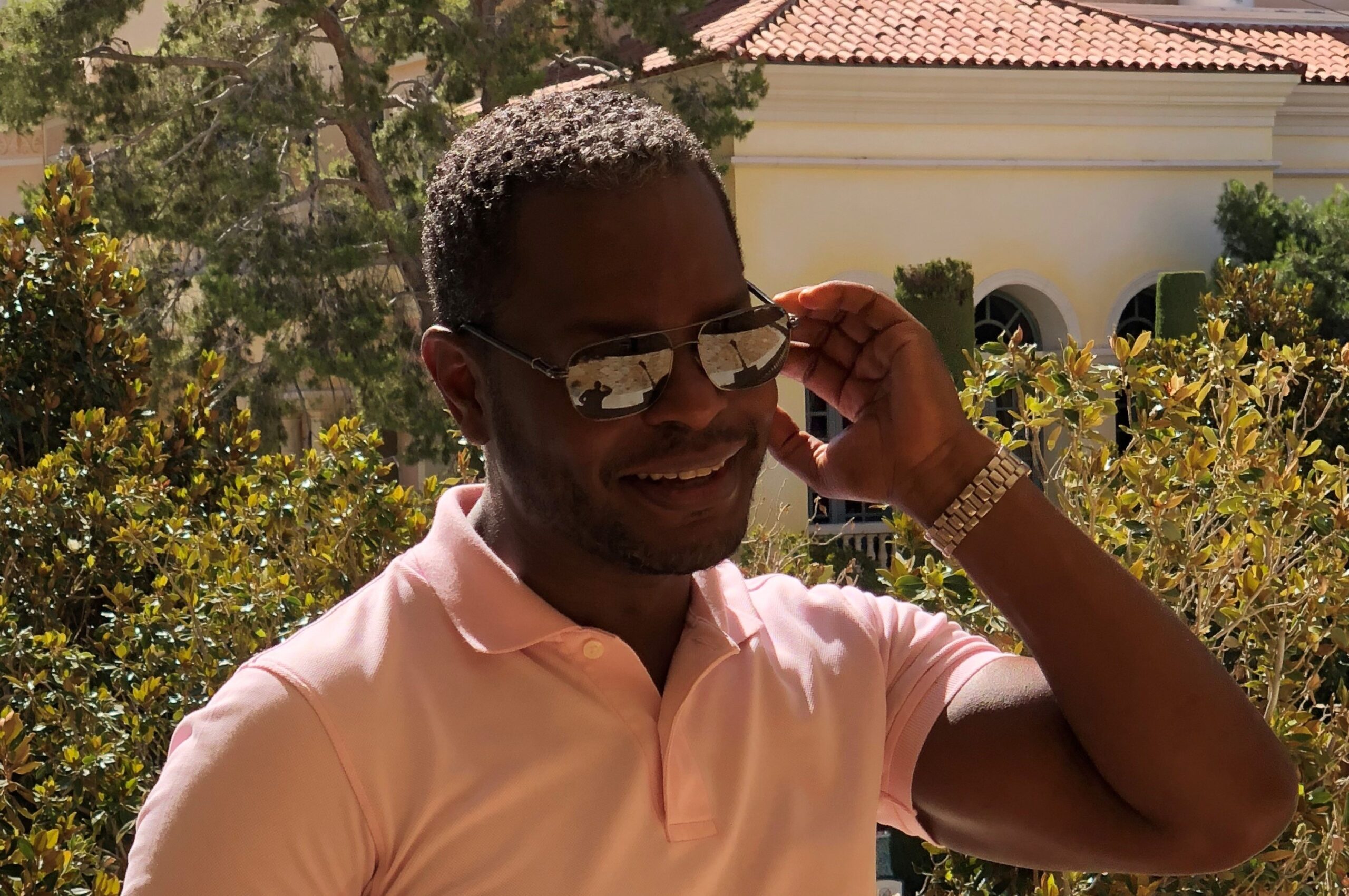ImpactAlpha, Mar. 29 – Money managers at the world’s sovereign wealth and pension funds and university and foundation endowments seek to optimize portfolios to maximize returns while minimizing risk. One indication they’re failing: Firms owned by white men manage 98.7% of the $69 trillion in U.S. assets under management.
Racial bias throughout the financial system reinforces structural bias in education, in healthcare, in solutions to environmental challenges.
“Everyone loses when we have sub-optimal asset allocation and when we systematically push away the very people who are at the top of their craft or career only because of their race,” Illumen Capital’s Daryn Dodson tells Monique Aiken, host of The Reconstruction podcast on ImpactAlpha.
Such bias also represents a breach of fiduciary duty, starving pensioners and institutions of returns. Systematically reducing bias in asset management, Dodson says, “can help bring our economy, our GDP, our global prosperity, to a much larger and more optimal goal.”
Illumen Capital last year raised an $85 million fund-of-funds that trains impact fund managers in the portfolio to root out implicit and explicit racial and gender biases (see, “Illumen Capital’s $85 million fund is combating fund manager biases to drive impact and alpha”). The fund aims to create a model of a system optimized to value people, “not only because of their race and gender, but the value that they can bring to marketplaces,” Dodson says.
Such models are sorely needed. Research from Illumen and Stanford SPARQ found that racial bias in asset management, implicit or otherwise, is systematically excluding Black fund managers from securing allocations. The kicker: The bias is actually worse against high-performing fund managers.
“It’s a very odd, but important finding,” Dodson says, that asset allocators undermine their own performance “through their inability to see past the race or the gender of the leader of a firm to the value that’s on the other side.”
Overcoming bias
Talk to most institutional investors about the lack of diversity in their portfolios and they’ll point to what they call the “pipeline problem.” If they could just find women and people of color to hire or promote or invest into that were qualified, they’d be able to transform their businesses and there would no longer be an imbalance.
Illumen’s research suggests that that explanation is at best insufficient. The 2019 research from Illumen and Stanford SPARQ’s Dr. Jennifer Eberhardt showed that the better Black male fund managers performed, the less likely they were to win mandates from institutional allocators. In other words, a pipeline of high performing managers of color was not the problem.
“That’s quite a different scientific finding that requires an entirely different set of solutions and interventions in order to transform and change,” says Dodson.
Illumen is bringing that solution set to market. The fund-of-funds backs impact investment funds that target equitable outcomes in education and health technology, financial inclusion and sustainable energy. Then, over the course of 10 years, Dodson and Illumen train fund managers in the portfolio to root out implicit and explicit racial and gender biases.
The thesis: Less bias in impact investing will create better solutions to myriad of challenges. It will also boost returns by optimizing drivers of value, including investment opportunities, hiring and board selection.
Dodson helps investors see the leverage points used to extract and create distortions and sub-optimality within asset management. With that knowledge, he says, “they can begin to understand the leverage points to undo that and the new systems that need to be created to find a new and more prosperous equilibrium that is inclusive of women and people of color.”
Dodson, who sits on the board of Ben & Jerry’s, himself faced bias on the way to raising $85 million. He pitched limited partners nearly 500 times to hit that target. He faced questions including “Do you really need the capital?” and “You’re already successful as a person in your track record, so why should we be the ones to invest in you?”
“In almost every case, the minds of investors will trick themselves into not seeing fully the humanity and the underlying ways in which that humanity creates value in the marketplace,” says Dodson. One of the benefits of the research, he says, is that high-performing women and fund managers of color now have a way to name and process the biases they’re facing.
Unleashing brilliance
Dodson is inspired by Martin Luther King Jr.’s powerful moral and religious message but also the economics for which he was fighting. In short, he says, King highlighted how Black Americans were made a yet unfulfilled promise by the Constitution for prosperity and growth and equity throughout the entire financial system.
Dodson is also motivated by research from economist Daniel Kahneman that shows corporations and investors giving up returns by succumbing to bias. Insights from Dr. Lisa Cook at Michigan State show how lack of access to patents among women and people of color is costing the U.S. value in the country’s gross domestic project.
Dodson’s biggest inspiration was his grandmother, Bertha McMurdock, who as a principal in the Washington D.C. education system helped integrate schools. Bringing together students from all races into the same school system was challenging at first, says Dodson, but then led to a remarkable explosion in innovation and education and the sharing of ideas across classes and cultures.
If she had known, Mrs. McMurdock would have questioned why the pension system in which she contributed to her retirement consistently over her career was managed by nearly all white men, says Dodson. “I think she would also have the same question that I have. Why is that? And what about that is optimal? And where is the representation of people that look like me within the management of my retirement, that also have unique abilities to see massive markets?”
Dodson places his work within a larger movement to help financial systems recognize the humanity and value Black and Brown people bring to the marketplace. His personal mission: “Unleash their brilliance in creating a prosperous world but also the solutions that we so desperately need.”
This podcast is part of ImpactAlpha’s new podcast series, The Reconstruction. Host: Monique Aiken. Editor: David Bank. Producer: Isaac Silk. Special thanks to Lyneka Little and Cesar Chavez.
Find episodes of The Reconstruction podcast, and all of ImpactAlpha’s coverage of racial justice and inclusive prosperity, on The Reconstruction landing page.











